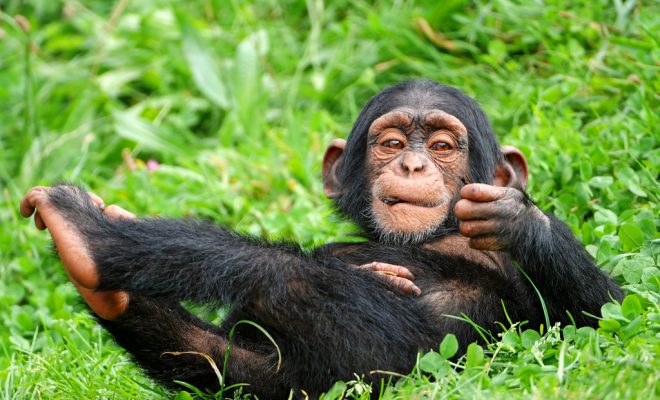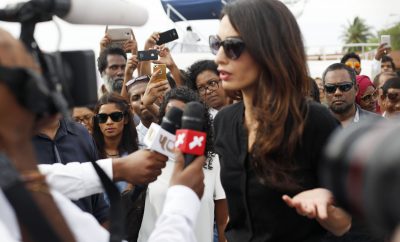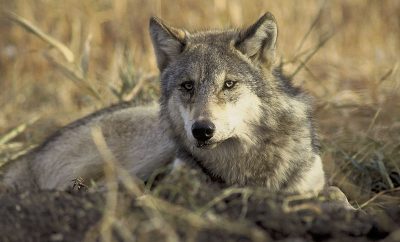 "Youngster having fun" courtesy of Tambako The Jaguar; license: (CC BY-ND 2.0)
"Youngster having fun" courtesy of Tambako The Jaguar; license: (CC BY-ND 2.0)
World
Baby Chimpanzee Trafficking Network Discovered in West Africa
An undercover BBC sting has exposed a secret network of illegal baby chimpanzee traders, based in the Ivory Coast. Reporters posed as potential buyers for a year-long BBC News investigation, exposing the illegal ring that had evaded police for years.
Capturing and selling baby apes is a highly profitable trade, as the animals are popular pets in the Gulf States, Southeast Asia, and China. For years, videos of the notorious “blue room” filled with captive baby chimps for sale circulated, but no one knew exactly where the operation’s headquarters were.
Buying a baby chimpanzee comes at a cost of at least $12,500. Capturing infant chimps normally requires the killing of the parents and other full-grown apes in the family so they won’t intervene. In order to kidnap one live baby, as many as ten adults are often slaughtered. This has an enormous impact on the chimpanzee population, as illegal poaching of the endangered species is a big problem in this part of the world.
BBC News reveals shocking trade in baby chimps
*map shows extent of illegal great apes trafficking routes https://t.co/cVcwyRZRBi pic.twitter.com/hpeUMSsODH
— BBC News (World) (@BBCWorld) January 31, 2017
After they are kidnapped, the baby chimpanzees are shipped–often in hidden crates behind other animals–to rich buyers in other parts of the world. The Cites agreement (Convention on International Trade in Endangered Species of Wild Fauna and Flora ) restricts international trade of endangered animals, and chimps are under its highest level of protection. They can only be exported if they have been bred in captivity, and any organizations exporting or importing them need to be registered with Cites.
Despite this, some smugglers are able to circumvent these controls by easily purchasing fake trade permits in West Africa. Another common tactic is to get a permit for less endangered animals and simply hide the chimps among them.
Seized from the jungle, orphaned, sold to smugglers, then rescued after a BBC investigation – meet Nemley junior on #BBCNewsTen tonight pic.twitter.com/6op0wzOLK9
— David Shukman (@davidshukmanbbc) January 30, 2017
Once the infant chimps are no longer cute babies, they are often abandoned, locked up, or even killed. Swiss wildlife activist Karl Amman described the practice as a “kind of slavery.”
“They still have 90% of their life ahead of them,” Amman said. “They get locked in some cage and maybe even killed in some cases because they have outlived their useful pet stage.That for me is just impossible to accept.”
The BBC reporters exposed the chimpanzee trafficking ring by building relationships with the smugglers and pretending to represent wealthy clients, leading to the rescue of a one-year-old chimp.
However, experts have found that most baby chimps are traumatized for life after seeing their parents killed. Dan Bucknall, of the wildlife charity Tusk, stated that the recovery could be “very difficult with such clever sentient animals.” But he added that they are also resilient: “In the right hands, with good carers, and with constant attention, they can do OK and the prospects are good.”








Comments